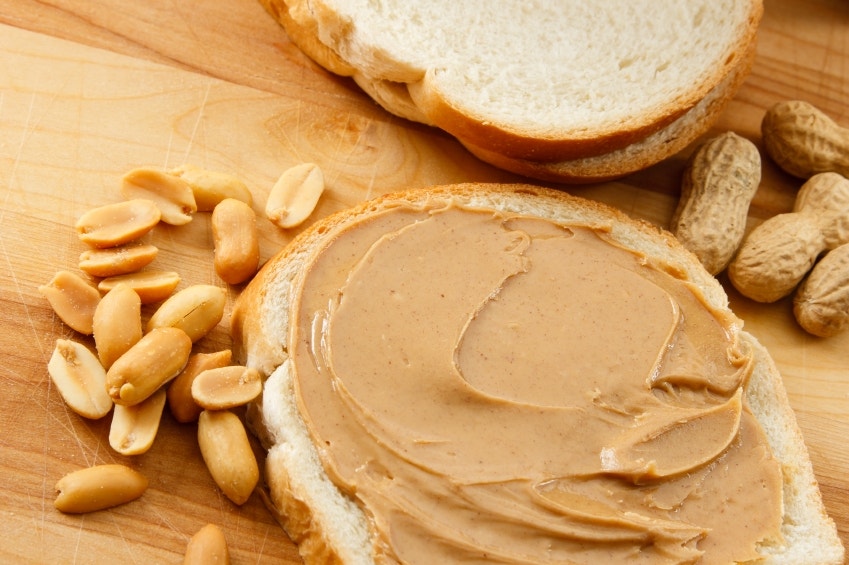 |
| Credit: http://global.fncstatic.com |
Here’s
some news worth spreading:
Girls who
eat more peanut butter could improve their breast health later in life.
That’s
according to a study from Washington University School of Medicine in St. Louis
and Harvard Medical School. The research shows that girls ages 9 to 15 who
regularly ate peanut butter or nuts were 39 percent less likely to develop
benign breast disease by age 30.
Benign
breast disease is fairly common, and a known risk factor for breast cancer.
Depending on the characteristics of its lesion, benign breast
disease could increase breast cancer risk by threefold.
The
findings are based on the health histories of 9,039 U.S. girls enrolled in The
Growing Up Today Study from 1996 through 2001. Later, from 2005 through 2010,
when the study participants were 18 to 30 years old, they reported whether they
had been diagnosed with benign breast disease that had been confirmed by breast
biopsy.
The
study’s findings suggest that beans, lentils, soybeans and corn also may
help prevent benign breast disease, but consumption of these foods was much
lower in these girls and thus the evidence was weaker.
The
take-home message is for teens and preteens to substitute peanuts and peanut
butter for less-healthy snacks such as cookies, unless you are allergic to
peanuts.
###
The above
story is based on the September 25, 2013 news release by the Washington
University in St. Louis.
The
research was published in the journal Breast Cancer Research and Treatment:
Berkey
CS, Willett WC,Tamimi RM, Rosner B, Frazier AL, Colditz GA. Vegetable protein and vegetable fat intakes
in pre-adolescent and adolescent girls, and risk for benign breast disease in
young women. Breast Cancer Res Treat.
2013 Sep:141(2): 299-306
###
More information
Click HERE for more about benign breast conditions from
the American Cancer Society.
Peanut
allergy is a hypersensitivity reaction to dietary
substances from peanuts that causes an overreaction of the immune system which
in a small percentage of people may lead to severe physical symptoms. Click HERE for more on peanut allergy.
About 0.6% of American adults and 1.4% percent of children are allergic
to peanuts. Interestingly, the prevalence of peanut allergy in China is much
lower, despite a high rate of peanut consumption in China.
It appears that the method of preparing peanuts could be a factor in the
disparity of allergy prevalence between the 2 countries.
The methods of frying or boiling peanuts, as practiced in China, appear
to reduce the allergenicity of peanuts compared with the method of dry roasting
practiced widely in the United States. Roasting uses higher temperatures that
apparently increase the allergenic property of peanut proteins.
Beyer K, Morrow E, Li XM, Bardina L, Bannon GA, Burks AW, Sampson HA. Effects
of cooking methods on peanut allergenicity. J Allergy Clin
Immunol. 2001 Jun;107(6):1077-81.
If you are not allergic to peanuts, go to The Peanut
Institute and learn more about peanuts
and health.
If you want to follow this blog by email
free of charge, please submit your email address below or on the top right hand
side of this page.


No comments:
Post a Comment